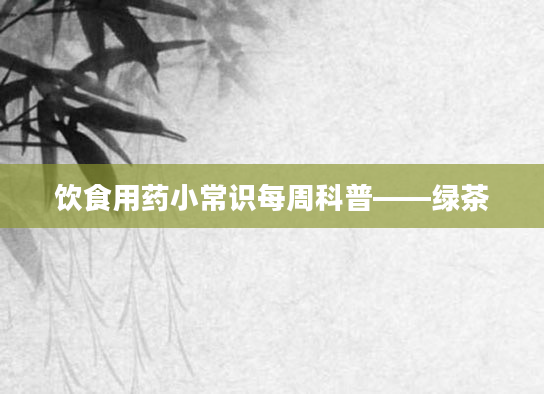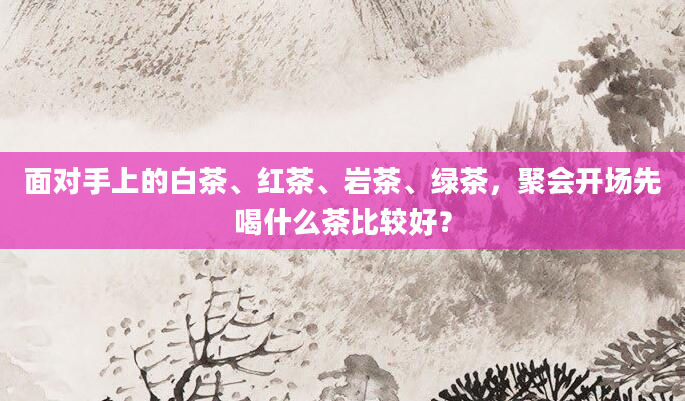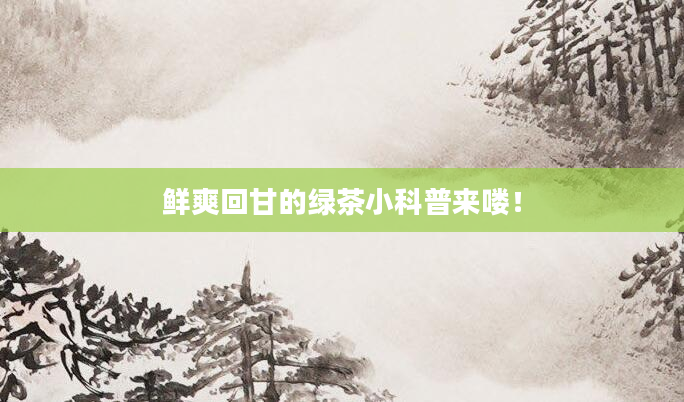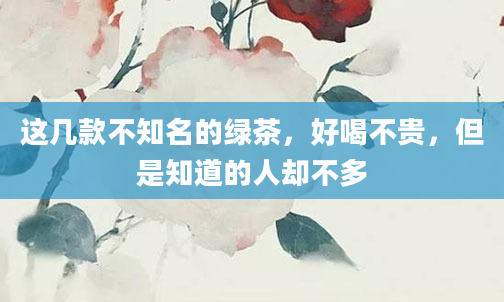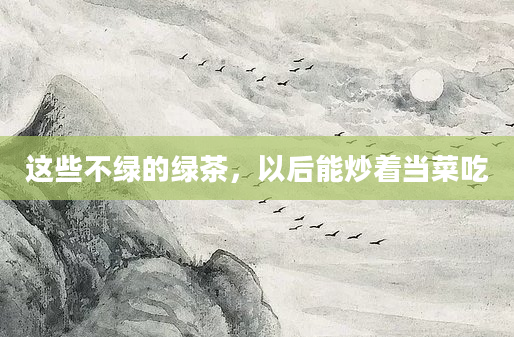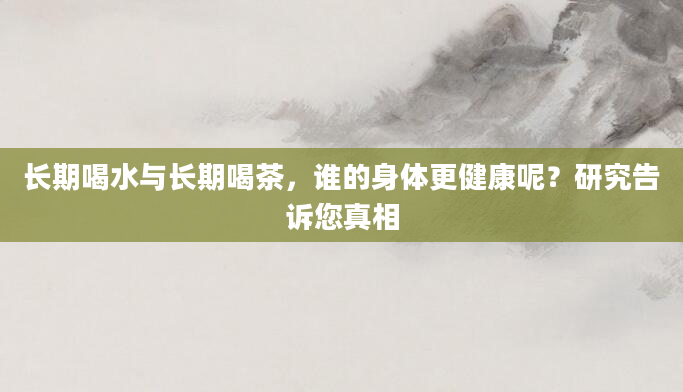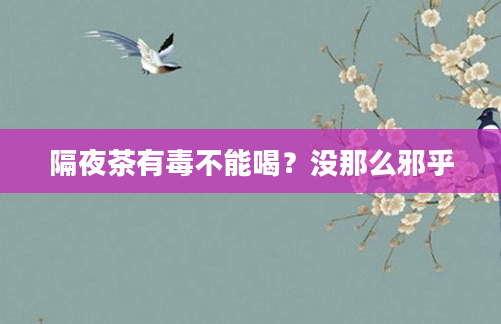Tea Culture Phrases in English: A Deep Dive into Traditions and Expressions
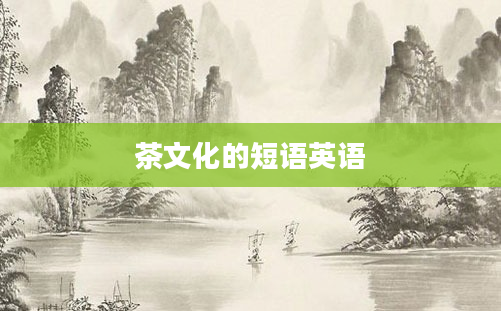
Tea culture, with its rich history spanning thousands of years, has inspired countless phrases and expressions in English. Whether you're a tea enthusiast or simply curious about global traditions, understanding these idioms can deepen your appreciation for this beloved beverage. Explore the fascinating world of tea-related sayings, their origins, and how they reflect cultural values across the globe.
1. Classic English Tea Phrases
The English language brims with tea-inspired idioms that reveal the drink’s social significance. Common phrases include:
- "Not my cup of tea" – Expressing disinterest in something. This phrase dates back to the early 20th century, highlighting tea as a personal preference.
- "Spill the tea" – A modern slang term meaning to share gossip, derived from African American drag culture before gaining widespread popularity.
- "Tea and sympathy" – Offering comfort during tough times, rooted in British post-war culture where tea was a symbol of solace.
2. Tea Proverbs from Around the World
Beyond English, tea features prominently in global proverbs:
- Chinese: "茶禅一味" (chá chán yī wèi) – "Tea and Zen share the same taste," emphasizing mindfulness.
- Japanese: "一期一会" (ichi-go ichi-e) – "One time, one meeting," a concept from tea ceremonies valuing each moment as unique.
- Russian: "Самовар кипит, уходить не велит" (The samovar is boiling, it won’t let you leave) – Reflecting tea’s role in hospitality.
3. Business and Tea: Formal Expressions
In professional settings, tea metaphors convey diplomacy and strategy:
- "Tea time talks" – Informal negotiations, often referencing British political culture.
- "Storm in a teacup" – Overreacting to minor issues, a phrase traced to ancient Roman texts later adopted by 19th-century England.
4. Tea in Pop Culture
From songs to movies, tea phrases permeate entertainment. Taylor Swift’s lyric "All that bloodshed, crimson clover, spilled the tea" in Mad Woman nods to tea’s symbolic duality—comfort and chaos. Meanwhile, Alice in Wonderland’s "Mad Hatter’s Tea Party" remains iconic for its whimsical absurdity.
5. How to Use Tea Phrases Naturally
To integrate these phrases effortlessly:
- Context matters: "Spill the tea" suits casual chats, while "tea and sympathy" fits heartfelt conversations.
- Cultural awareness: Avoid misusing non-English phrases without understanding their heritage.
From playful slang to profound wisdom, tea culture’s linguistic legacy offers a unique lens into human connection. Next time you sip your brew, consider the stories steeped in every phrase.
Meta Keywords: tea culture phrases, English tea idioms, global tea proverbs, spill the tea meaning, tea in pop culture
Meta Description: Discover the fascinating world of tea culture phrases in English and beyond, from classic idioms like "not my cup of tea" to Zen-inspired proverbs. Explore their origins and modern usage!

